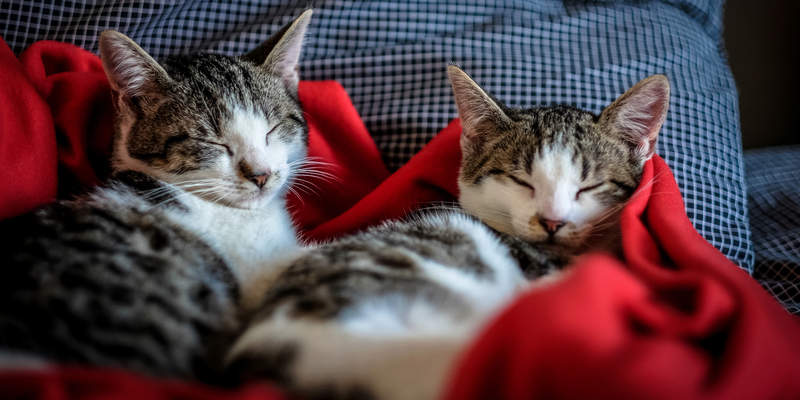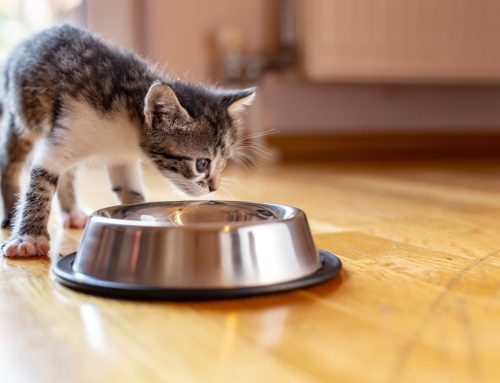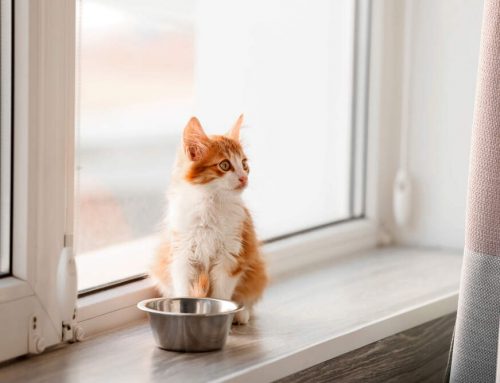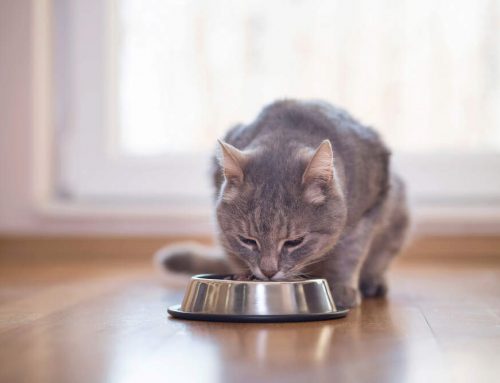For cat owners, it’s important to consider where your best healthy practices may conflict with those of your pet. Cats are deficient in an enzyme called glucuronyl transferase, which is responsible for breaking down phenol. Phenol is an organic compound that is present in drugs such as aspirin, ibuprofen, and acetaminophen (Tylenol). This compound, also known as carbolic acid, is also featured in many essential oils, making them unsafe for use around pets. Below, brush up on the differences between phenol-based and water-based oils, and make sure your favorite essential is safe for use around your cat.
List of Essential Oils that are Safe for Cats
Humans have a much higher tolerance for phenol in essential oils, though they are typically recommended for use at a dilution of 1%. While they may be a part of your daily skincare or mindfulness routine, most essential oils are not always safe for your cat. However, there are a few exceptions to the rule. Check out this list of safe essential oils for cats, along with their best uses for your pet.
Cedarwood oil:
Often made without phenol, cedarwood is a safe essential oil for cats—though you should always check the label for contents before use.
Lemongrass oil:
Lemongrass oil is most often found in the form of a hydrosol, a 100% non-alcoholic aroma that is made by steam-distilling or hydro-distilling plant matter. Lemongrass is a safe essential oil to use around cats at a low concentration. It should not, however, be ingested by cats or directly applied to their skin.
Rosemary:
To use rosemary as flea repellent, boil one pot of water with a twig of rosemary. Then, dilute a tub of water with the brew. Allow your cat to sit in the mixture for 2-5 minutes.
Safe Use of Essential Oils for Cats
Any essential oil can pose a health risk to cats, especially when used in error or excess. The aforementioned essential oils are safe for cats, but should still be diluted or diffused. Use them in moderation to maintain a safe environment for your pet.
Essential oils are likely more safe for cats than artificial fragrances and air fresheners. Even still, what your nose perceives as a pleasant smell may be overwhelming for your cat. When using essential oils around cats, be sure to keep a scent-free room in your living environment for them to retreat to.
List of Essential Oils for Cats to Avoid:
Responsible pet care involves acknowledging and adhering to the particular environmental and nutritional sensitivities of your cat. Though the following essential oils are commonly used for relaxation or other purposes by humans, you should steer clear of them if you have feline friends under your roof:
- Clove oil
- Cinnamon oil
- Thyme oil
- Oregano oil
- Wintergreen oil
- Sweet birch oil
- Lavender oil
- Citrus oil
- Peppermint oil
- Pennyroyal oil
- Eucalyptus oil
- Tea tree oil
A pet owner should always consult their veterinarian before introducing a new food, treatment, or substance into their pet care routine. When using essential oils for cats, or adding them to your pet’s environment, be on the lookout for strange behavior such as drooling, muscle tremors, difficulty walking, or lethargy. You may also notice redness on your cat’s skin, or they may begin pawing at their face after being exposed to essential oils. If you notice any of these symptoms of essential oil poisoning in cats, contact a vet or the Pet Poison Helpline (800-213-6680) immediately.





